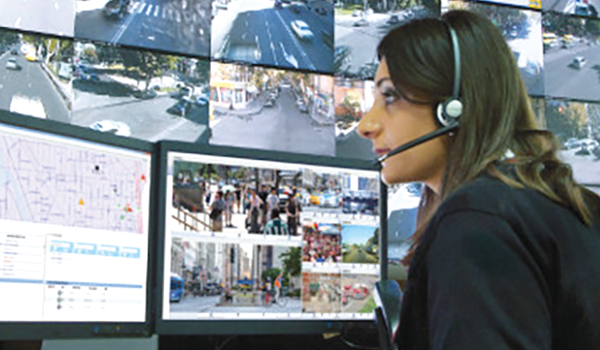New latent fingerprint technology improves precision
Fingerprint identification is set to benefit from increased precision and reduced complexity through a dry, non-contact technology that uses a gaseous application process for developing latent fingerprints.

Fingerprint identification is set to benefit from increased precision and reduced complexity through a dry, non-contact technology that uses a gaseous application process for developing latent fingerprints.
The new system eliminates both the hazardous carrier solvents used in traditional processing methods and the need for physical application of these materials by dipping, spraying, brushing and drying.
The automated latent mark visualisation system, ADROIT FC 300 from Linde Gases, a division of The Linde Group, applies detection chemicals by sublimation and dilution in a proprietary carrier gas injected into a low pressure environment. The gas mixture expands, uniformly coating all exposed surfaces (the evidence), thus depositing a thin film which adheres to, or chemically reacts with, the print residue making it visible to the unaided eye or under alternate light source (ALS) or laser excitation.
Calvin Knaggs, marketing manager, Specialty Markets Equipment, at Linde, said the new tool is designed with both the forensic investigator and research scientist in mind.
Its a dry gaseous process, capable of developing latent prints on a wide range of porous and non-porous materials including thermal papers. The programmed recipe control lends itself to standardised practices, ensuring precision while eliminating the complexities and potential inaccuracies associated with mixing and applying solvent carriers, he explained.
Mr Knaggs said the technology eliminates many of the storage, safety and environmental problems associated with the current art.
Additionally, the ADROIT FC 300s programmable logic controller (PLC) enables remote monitoring from a central command centre via network allowing agencies with satellite systems to control the processing regimens and update new process recipes anytime, anywhere in the world, he added.
A prototype of the Linde system has undergone extensive evaluation by a research team at a major US Forensic Crime Laboratory which is due to present the results of its evaluation at this weeks American Academy of Forensic Sciences (AAFS), 64th Annual Scientific Meeting in Atlanta, Georgia.



